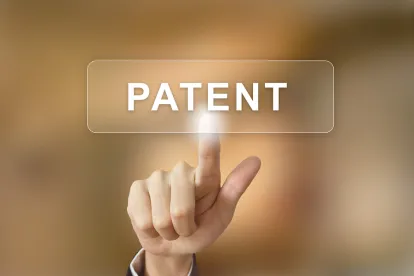The US Court of Appeals for the Sixth Circuit recognized “a presumption in favor of unmasking anonymous defendants when judgment has been entered for a plaintiff.” Signature Management Team v. Doe, Case No. 16-2188 (6th Cir., Nov. 28, 2017) (White, J) (Suhrheinrich, J, dissenting). The split panel declined to adopt a per se rule in favor of unmasking, however, preserving a district court’s power to maintain a defendant’s anonymity where unmasking would chill the defendant’s “significant . . . non-infringing anonymous speech.”
This case involved a dispute between a multi-level marketing company, Signature Management Team(SMT), and an anonymous blogger and critic of the industry (Doe). Doe posted a link on his blog to a downloadable copy of one of SMT’s full textbooks. SMT sent Doe a take-down notice. Doe quickly removed the hyperlink. Nevertheless, SMT sued Doe, alleging one count of copyright infringement. Doe asserted defenses of fair use and copyright misuse.
During discovery, SMT sought to compel disclosure of Doe’s identity. The district court denied the request, applying the balancing test set forth by the Northern District of California in the 2011 case Art of Living Foundation v. Does 1–10. Under that test, a plaintiff seeking to unmask a defendant during discovery must first produce competent evidence supporting a finding of each fact essential to a given cause of action. Once the plaintiff satisfies this burden, the court must weigh the harm that unmasking would work upon the defendant’s First Amendment right to anonymous speech against the plaintiff’s need to pursue its claims. In denying SMT’s request, the district court concluded that because there was a chance that Doe could prevail on his fair-use defense, he faced significant and irreversible harm if unmasked. However, the district court did compel Doe to reveal his identity to the court and to SMT’s lawyer, subject to a protective order barring them from sharing this information with SMT.
Ultimately, the district court granted summary judgment for SMT, but only limited injunctive relief. The injunction required Doe to destroy all copies of the infringing work in his possession. However, the court declined to enter a permanent injunction or to unmask Doe. In declining to unmask Doe, the district court again applied the balancing test in Art of Living. SMT appealed.
Addressing what it called an “issue of first impression,” the Sixth Circuit noted that “very different considerations” apply at the judgment stage than at the discovery stage. The Court explained that an adverse judgment diminishes, but does not necessarily obviate, an anonymous infringer’s First Amendment interest in continued anonymity. The Sixth Circuit ordered a remand and instructed the district court to also consider the public’s general interest in open court proceedings and the plaintiff’s specific interest in unmasking the defendant.
The Sixth Circuit panel declined, however, to adopt a per se rule in favor of automatically unmasking a liable defendant. It concluded that although the First Amendment does not protect infringing speech, unmasking might hinder a defendant’s ability to engage in protected anonymous speech in the future. It further concluded that SMT had “no practical need” to monitor Doe’s future activities because Doe had already complied with the terms of the district court’s injunction and the district court had not entered any ongoing injunctive relief.
In dissent, Judge Suhrheinrich likened the majority to “an overprotective parent” and dismissed the issue of whether unmasking would chill future speech as “collateral” to the issue before the court and thus not properly considered. He noted that the Art of Living test applied during discovery to prevent irreparable harm should the court later determine that the defendant did not infringe—a concern that was no longer present following judgment. In addition, the dissent concluded that “ordering injunctive relief against Doe without identifying him minimizes the effect of the court’s order, downplays the significance to Doe, encourages future misconduct, and hinders SMT’s ability to monitor compliance.” Judge Suhrheinrich would have remanded with instructions to unmask Doe.



 />i
/>i

